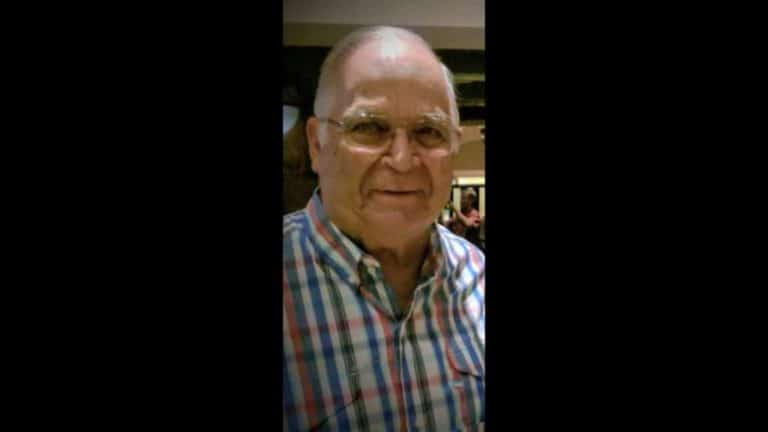We’ll tell you how this academic program, the first one in Puerto Rico, has evolved.

By Liz Yanira Del Valle
Collaborator
35 years ago, Sagrado paved the way and set the standard to professionalize public relations by offering the first Master’s degree in the field in Puerto Rico.
The professors, students, and graduates of this academic program joyfully celebrate this thirty-fifth anniversary by honoring the memory of its leader and creator, Professor Fernando Valverde, who recently passed away.

“Valverde was a pillar of the Master’s degree that started in 1985, with which the duties of public relations practitioners were given a professional character,” said the director of the Ferré Rangel School of Communication, Dr. Gabriel Paizy, who is also an alumnus of said program (1994).
Eduardo Lamadrid, another Sagrado alumnus who teaches the course on legal and ethical issues of the profession, witnessed the beginning of the Master’s degree in Public Relations.
“I was about to graduate from my Bachelor’s degree and I remember that atmosphere of joy and expectation created by the new graduate studies program; but above all, the excitement of my professor, Fernando Valverde, a remarkable pioneer,” Lamadrid recalled.
Another successful voice and a graduate of this Master’s degree is Ana Toro Sevillano, current Public Affairs officer of the Centers for Disease Control and Prevention, in Atlanta, Georgia.
“The educational mecca of this career in Puerto Rico is Sagrado. I owe the university my solid academic background and a large part of the start of my professional career,” said the PR officer, who received the prestigious College of Fellows award in 2016 from the Public Relations Society of America (PRSA).
Toro Sevillano will soon be officially inducted into the Hall of Fame of the Public Relations Students Society of America (PRSSA) at the University of Georgia, becoming the first Latina to do so.
Evolution
Paizy also added that, in 2000, the curriculum was revised to temper it to the needs of the time. Then, in 2019, it evolved into a Master’s degree in Public Relations and Integrated Communication.
According to the director, the program was updated following the trends of public relations as related to sister disciplines, such as promotion, advertising, and marketing.
“We worked with a broader and more holistic perspective so that students would come out as professionals who mastered all fields of strategic communication, which is precisely the profile that the industry seeks,” the professor explained.
Advantages and the Future
In turn, Professor José E. Sanabria, coordinator of the Master’s degree, highlighted the fact that graduates can obtain the professional license granted by the Regulatory Board of Public Relations Practitioners, endorsed by the State Department.
He also mentioned that the new virtual teaching mode allows greater accessibility to anyone who is interested, both locally and internationally.
“At present, we have strengthened ties with the Puerto Rico Professional Public Relations Practitioners Association and the PRSSA, a highly regarded student organization in the United States that brings together public relations students and whose first Puerto Rico chapter was established at Sagrado,” he added.
Sanabria reiterated the motto of the revamped Sagrado program: “Our students learn by doing.”
“In the practice course, there are 12 students enrolled working in 10 different organizations, such as the Comprehensive Cancer Center, the American Red Cross, and the French Alliance of Puerto Rico, among others,” he said after indicating that a thesis is not required to obtain this academic degree.
For the coordinator, this thirty-fifth anniversary of the Master’s degree program demonstrates the continuity of its quality and excellence.
“Its creators passed the baton to other professionals equally committed to this high educational standard. Likewise, its students continue to excel in the industry in and outside of Puerto Rico,” he argued.
Meanwhile, Professor Lamadrid added that “being part of this renewed effort to raise the level of our profession is an enormous responsibility and a great satisfaction; but even greater is the joy of cultivating a new generation of PR practitioners educated to face the challenges of a future that’s already here.”